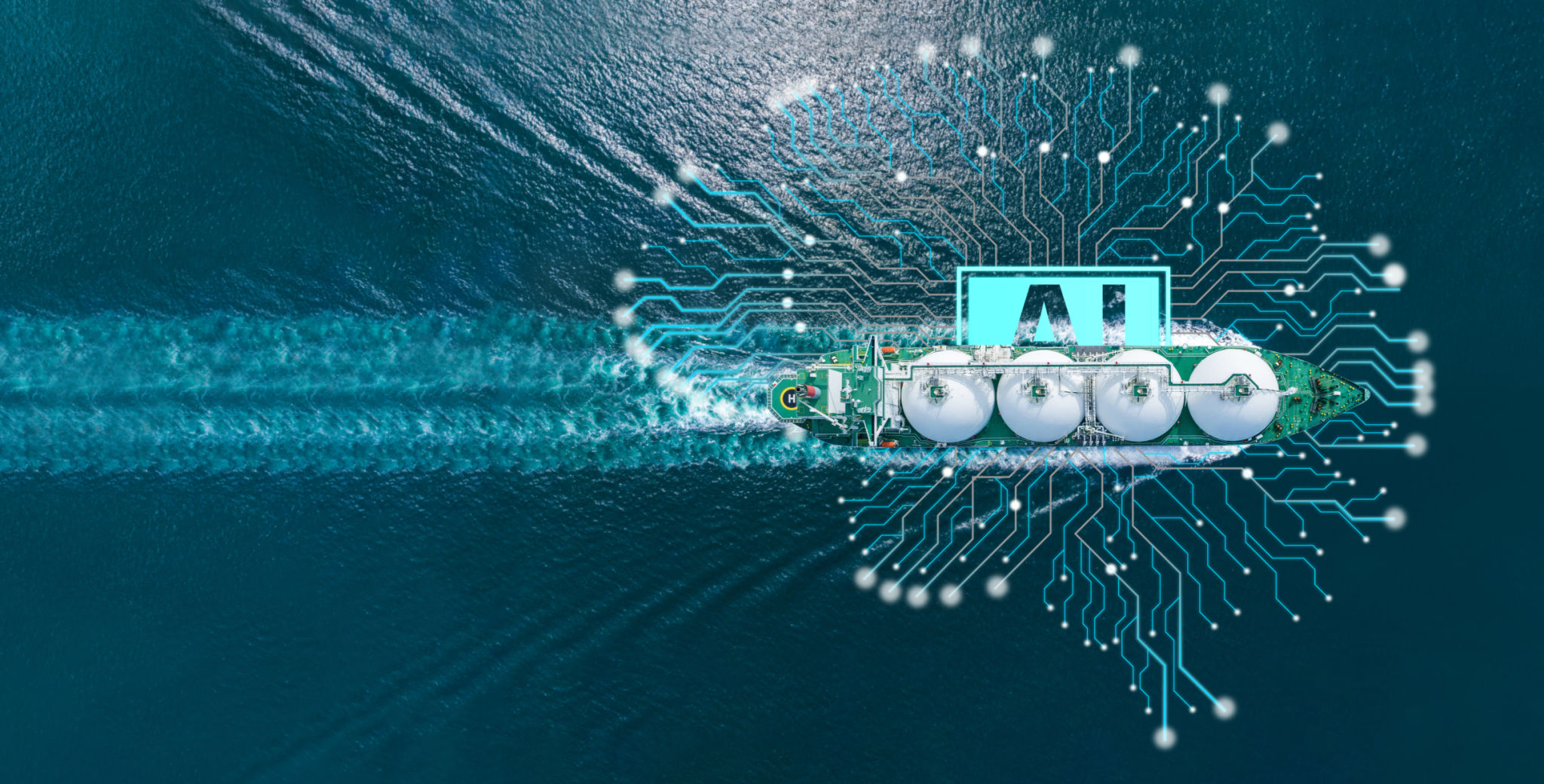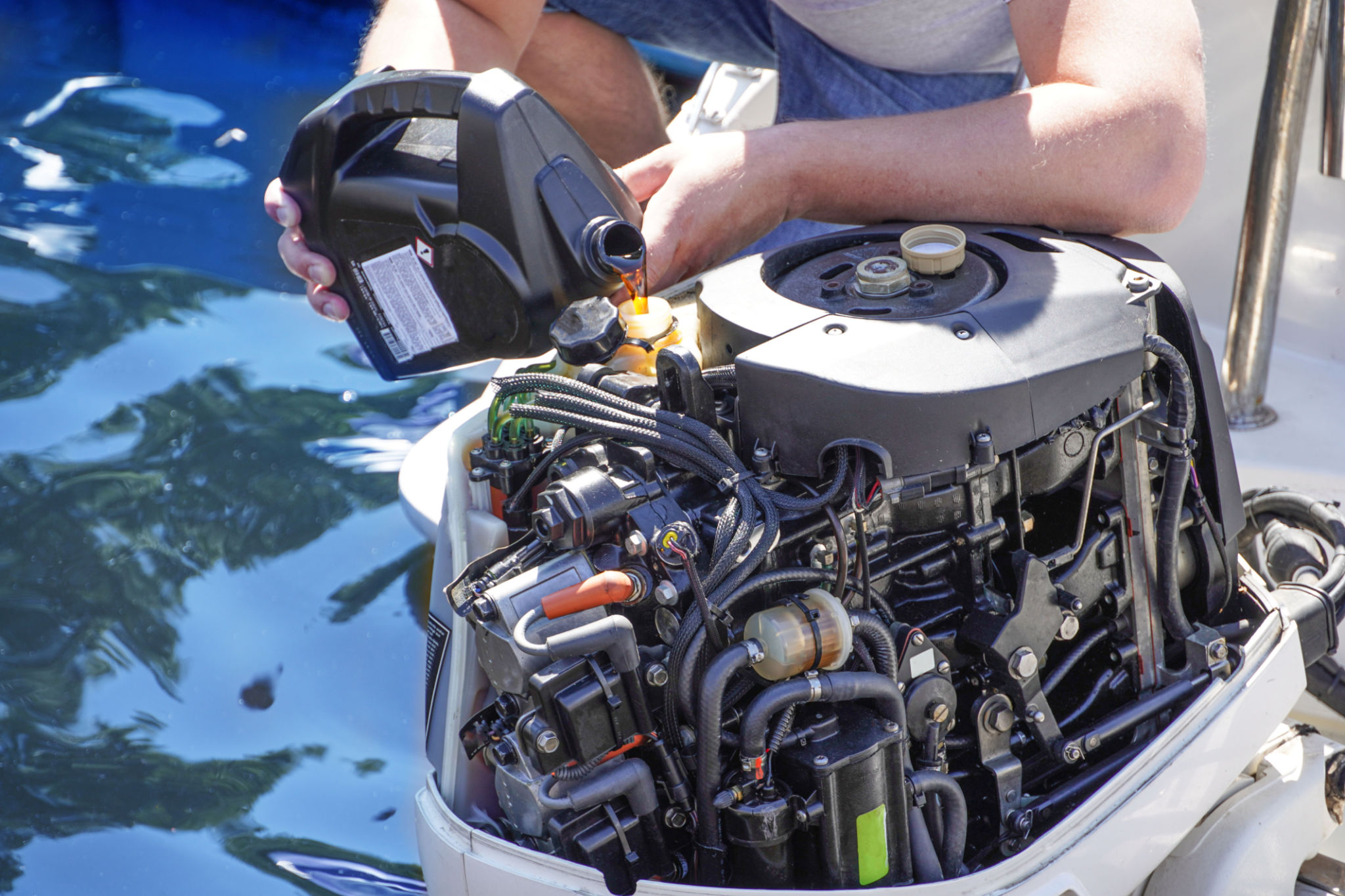Case Study: Successful AI Implementations in Italy's Maritime Sector
Introduction to AI in the Maritime Sector
The maritime industry, a cornerstone of Italy's economy, has been witnessing a transformative phase with the integration of Artificial Intelligence (AI). From enhancing operational efficiency to ensuring safety and compliance, AI has become an indispensable tool for maritime businesses seeking a competitive edge. This case study delves into the successful AI implementations within Italy's maritime sector, highlighting the significant strides made in recent years.
AI technologies are now being used to analyze vast amounts of data collected from ships, ports, and logistics networks. This analysis helps in optimizing routes, predicting maintenance needs, and improving overall fleet management. The adoption of AI is not only facilitating smoother operations but also contributing to sustainability by reducing fuel consumption and emissions.

AI for Predictive Maintenance
One of the standout applications of AI in Italy's maritime sector is predictive maintenance. Companies are leveraging machine learning algorithms to predict equipment failures before they occur. By analyzing data from sensors and historical maintenance records, AI can forecast potential issues, allowing for timely interventions.
This approach significantly reduces downtime and maintenance costs, resulting in substantial savings. Italian shipping companies that have adopted predictive maintenance report a reduction in unexpected breakdowns by up to 30%. This not only ensures that vessels operate more efficiently but also enhances safety standards.

Route Optimization and Fuel Efficiency
AI-driven route optimization is another area where Italy's maritime industry is reaping benefits. By utilizing real-time data on weather conditions, sea states, and traffic patterns, AI systems can suggest optimal routes that save time and fuel. This is crucial for reducing operational costs and minimizing environmental impact.
Moreover, AI helps in analyzing fuel consumption patterns and suggests measures to enhance efficiency. Italian maritime companies have reported fuel savings of up to 15% after implementing AI-powered optimization tools. This not only contributes to cost-effectiveness but also aligns with global sustainability goals.

Enhanced Safety and Compliance
The integration of AI in maritime operations has also led to improved safety and compliance with international regulations. AI systems can monitor and analyze data from various sensors on board to ensure adherence to safety protocols. They can also detect anomalies and alert crew members to potential hazards.
For instance, AI-powered surveillance systems are being used to monitor ship decks and surrounding waters, identifying potential threats such as unauthorized intrusions or pirate activities. This proactive approach significantly enhances security measures, ensuring the safety of crew and cargo.
Future Prospects
The future of AI in Italy's maritime sector looks promising, with continuous advancements paving the way for more sophisticated applications. As technology evolves, we can expect further integration of AI with other emerging technologies like blockchain and IoT to create more robust maritime solutions.
By fostering innovation and embracing digital transformation, Italy's maritime industry is positioned to remain competitive on the global stage. The ongoing investment in AI technologies will undoubtedly yield long-term benefits, reinforcing Italy's reputation as a leader in maritime excellence.
